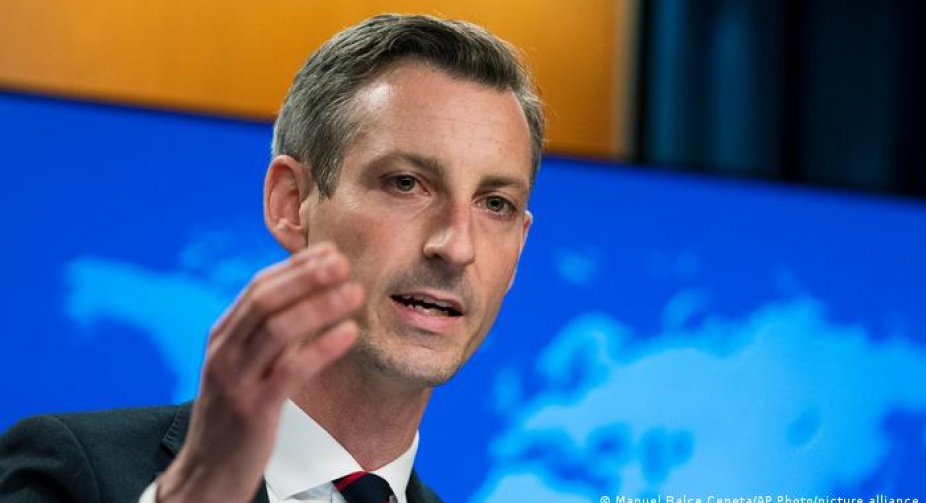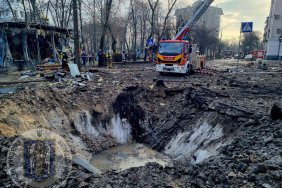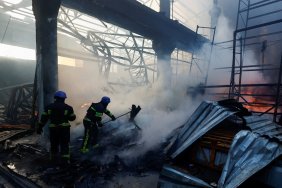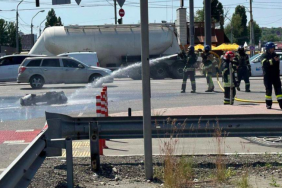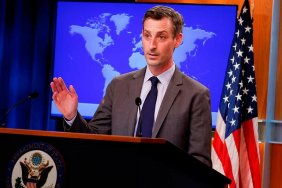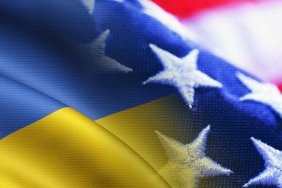The recent Russian missile attack on Kyiv may have been an attempt to terrorize the local population, and the Russian strike on the Orthodox hermitage in Sviatogorsk is an insult to the people of Ukraine. State Department spokesman Ned Price said this at a briefing.
He was asked to respond to Russia's missile strike on Kyiv on June 5, and was also asked if this meant the Kremlin was expanding its plans beyond Donbas.
"There have been a number of examples of Russian brutality where we have had to wonder whether there was some military purpose behind it or whether it was just an attempt to terrorize the population of Ukraine. Targeting places on the edges of Ukraine may well fall into that category," he replied.
He was also explicitly asked if the strike was a terrorist attack. "You can characterize it however you want. What we're doing is working with our Ukrainian partners to give them the support they need - security assistance, economic assistance, humanitarian assistance. We also place the costs on the Russian Federation," he responded.
He also stressed that Russian attacks in recent days have not been limited to the capital.
"The U.S. Embassy in Kiev noted that Russia struck a historic Orthodox monument in the Donetsk region, a sacred place in Ukraine that had served as a refuge for civilians since the beginning of the brutal war. These attacks were senseless - a senseless insult to the people of Ukraine, including the government of Ukraine," Price added.
Price noted that the U.S. embassy reopened in Kiev last month and continues to engage with officials and civil society.
The U.S. also accused Russia of trying to intimidate American journalists working in Moscow, who were summoned to the Russian Foreign Ministry and warned of "consequences" because of sanctions imposed by the West. "The Russian Foreign Ministry summoned journalists to - quote - 'explain to them the consequences of their government's hostile line in the media sphere,'" U.S. State Department spokesman Ned Price said Monday, June 6.
"The Kremlin is waging a full-scale attack on media freedom, on access to information and truth," he added, condemning "a clear and obvious attempt to intimidate independent journalists."
According to Price, the summoning of journalists to the Russian Foreign Ministry was Moscow's response to the ban on three Russian state television channels in the West - Channel One, Russia One, and NTV - imposed after the Russian invasion of Ukraine. However, Price stressed that it is wrong to equate independent Western journalists with "the propaganda arm of the Russian government.
Earlier, Russian Foreign Ministry spokeswoman Maria Zakharova accused U.S. authorities of "doing everything" to make it "impossible, forbidden, restricted, and so on for Russian media outlets to operate in the United States. "If the work of Russian media outlets, cameramen, and journalists is not normalized on U.S. territory, the harshest reprisals will inevitably follow," she vowed.
For his part, Price noted that the U.S. has not revoked any work permits for Russian media representatives and will continue issuing visas to "qualified" journalists.
The Kremlin is engaged in a full assault on media freedom, access to info, and the truth, willfully disregarding what it means to have a free press. Sealing your population off from any foreign info illustrates the flimsiness and fragility of the Russian government's narrative. pic.twitter.com/exyBatgTx7
